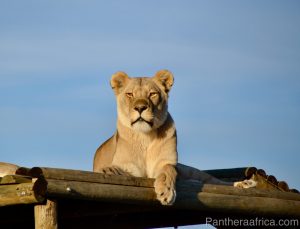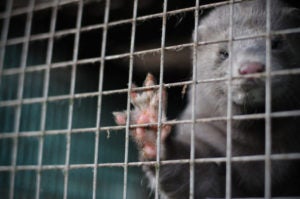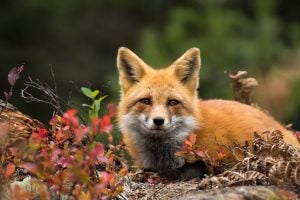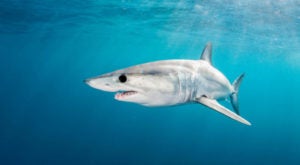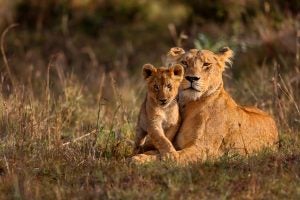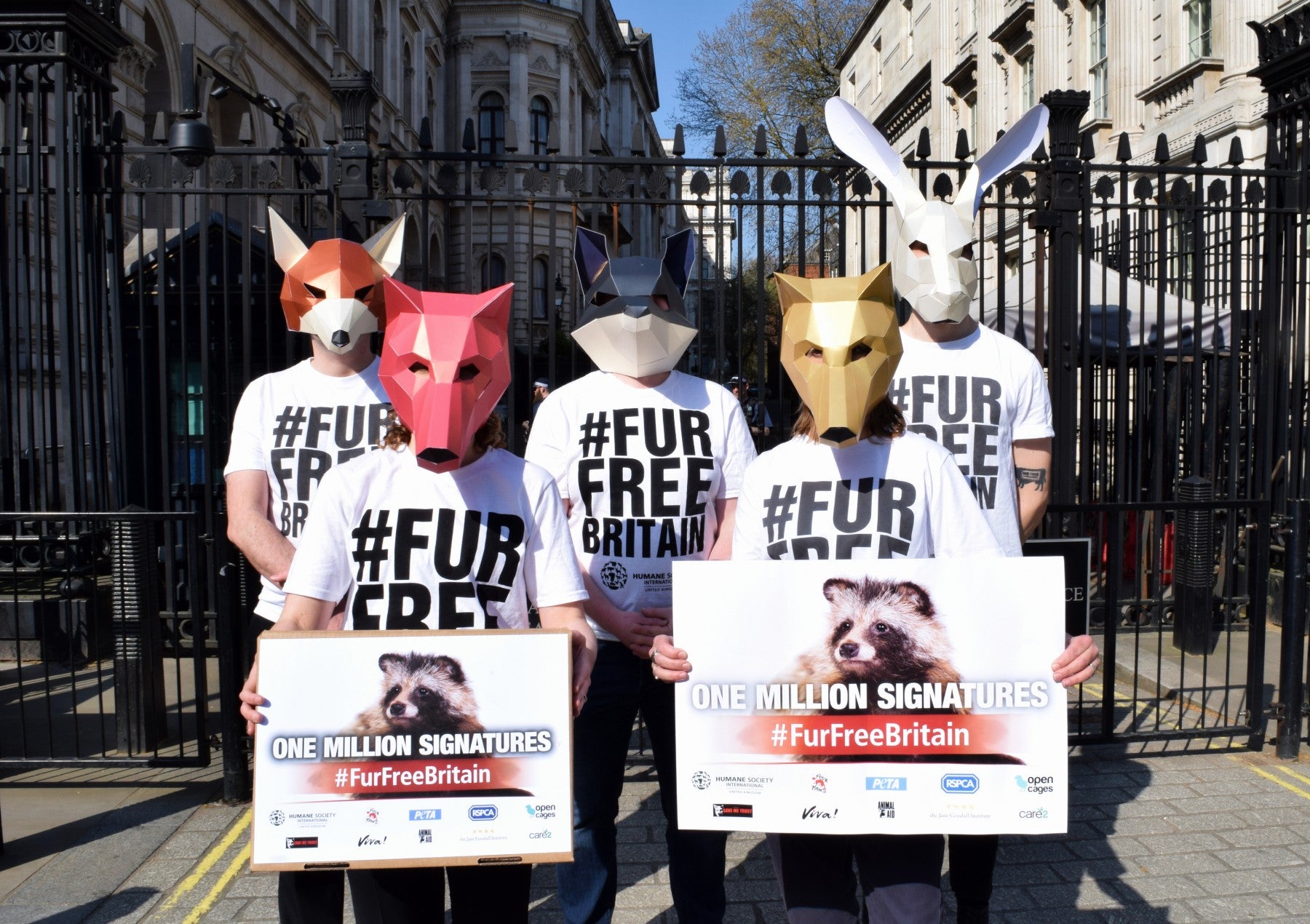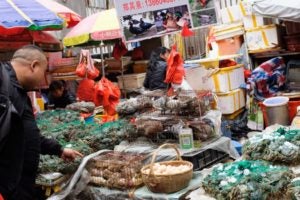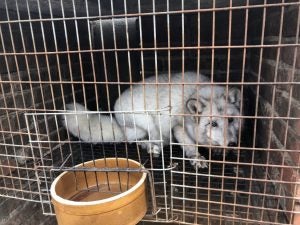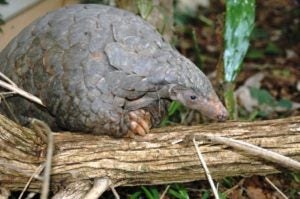
BRUSSELS—The global decline in biodiversity poses a serious environmental threat and is also inextricably linked to climate change as well as the emergence and spread of infectious diseases. Today the European Parliament adopted a robust report on the EU Biodiversity Strategy for 2030, which acknowledges that bold action is needed to halt the loss of biodiversity and protect and restore nature in the EU and beyond.
Dr Joanna Swabe, senior director of public affairs for Humane Society International/Europe, said:
“It is high time to re-evaluate our relationship with other animals and exploitation of the natural world. The COVID-19 pandemic should be a wake-up call to humanity. This coronavirus is the latest in a long line of zoonotic diseases that have wreaked havoc with human health and society. The more we continue to exploit animals for food, fur and even our hobbies and encroach on and/or destroy animals’ natural habitats and lose biodiversity, the greater the opportunities for emerging infectious diseases to spread to human populations. HSI welcomes the Parliament’s report, which addresses many of our own key concerns, such as the need to tackle legal and illegal wildlife trade, marine species protection, achieving coexistence with large carnivores, and trade policy, and we urge the European Commission to act on MEPs recommendations to further strengthen its Biodiversity Strategy and take decisive action to protect nature.”
A very wide range of environmental issues were addressed in the report, but HSI would particularly like to applaud the Parliament’s:
- Call for global EU leadership to end the commercial trade in endangered species and for the Commission to address both the legal and illegal wildlife trade in the review of the EU Action Plan against Wildlife Trafficking;
- Request that the Commission to consider adopting a moratorium on imports of wild animals from emerging infectious disease hotspots to minimise the risk of future pandemics;
- Call for the delivery of a legislative proposal to prohibit the trade in wildlife species taken in violation of the laws of the country of origin since this would close the loopholes in the existing EU Wildlife Trade Regulations;
- Call for the Commission to revise the Environmental Crime Directive and to recognise environmental crimes and offences, such as Illegal, Unreported and Unregulated (IUU) fishing and wildlife crime, as serious criminal activities that should be adequately penalised with a strong deterrent effect, especially in the context of organised crime;
- Request for the Commission to explore the possibility of adding a protocol on wildlife crime to the UN Convention against Transnational Organised Crime;
- Expresses strong support for the global moratorium on commercial whaling and urging Norway and Japan to cease their whaling operations, in addition to calling for the EU and Member States to urge the International Whaling Commission to formally address Norway’s commercial whaling activities;
- Observes that there are clear guidelines to implement preventative measures and compensation in regards to conflicts linked to the coexistence with large carnivores to ensure their protection under the EU Habitats Directive;
- Acknowledgement that fur production significantly compromises animal welfare and increases their susceptibility to infectious diseases including zoonoses, as has occurred with COVID-19 in mink.
Regrettably, MEPs voted in favour of retrograde amendments that weakened robust language adopted by the Parliament’s Committee on the Environment, Public Health and Food Safety, which:
- Demanded a full and immediate EU ban on the trade, import export or re-export in the EU of all ivory;
- Underlined the importance of facilitating the adoption of sustainable diets, including plant-based diets; recognising that animal agriculture can contribute to biodiversity loss and climate change;
Facts
- The EU Biodiversity Strategy for 2030 was adopted by the European Commission in May 2020 as a key element of the European Green Deal. It is a comprehensive long-term plan, which makes various commitments to protect nature and reverse the degradation of ecosystems.
ENDS
Media contact: Dr Jo Swabe, Humane Society International: jswabe@hsi.org

